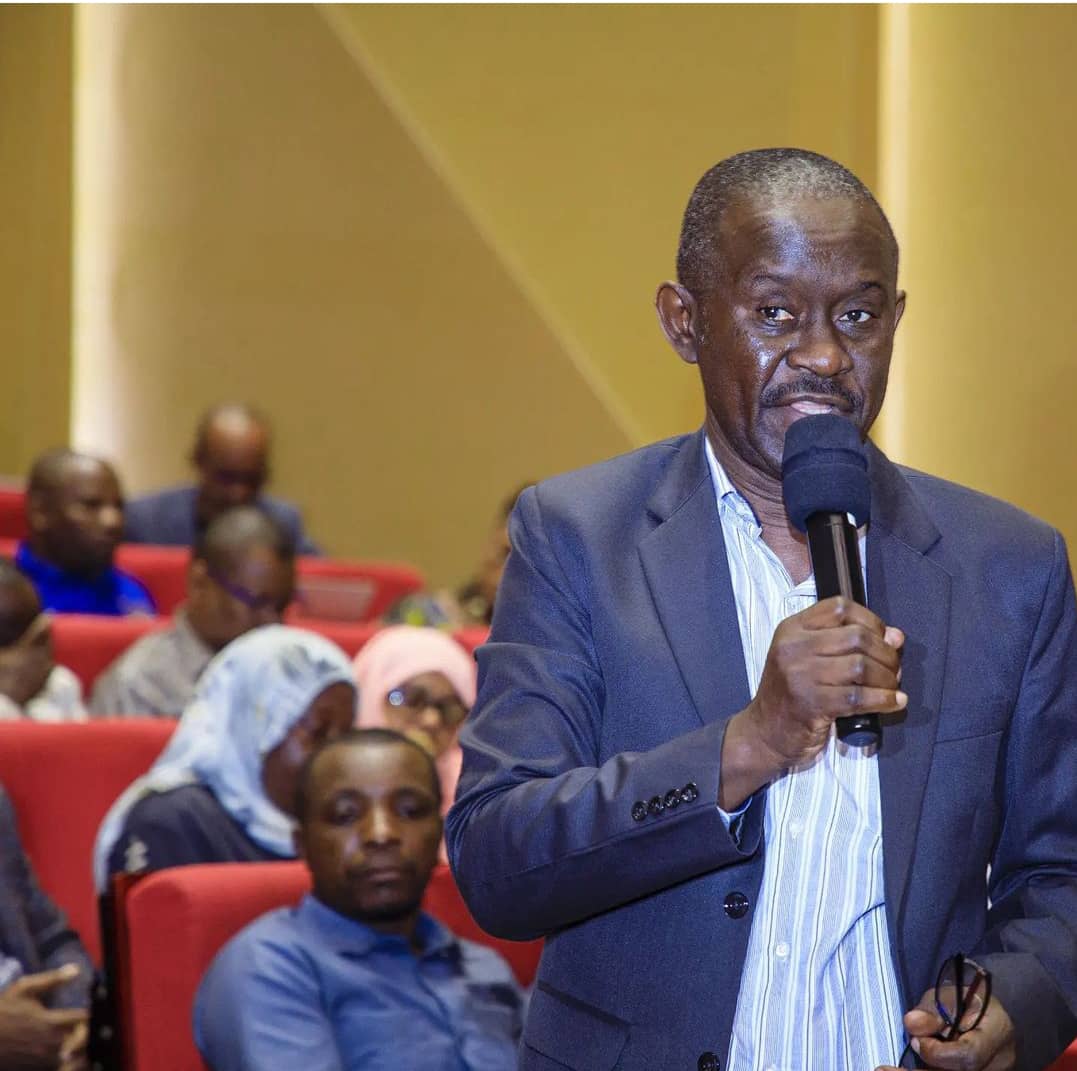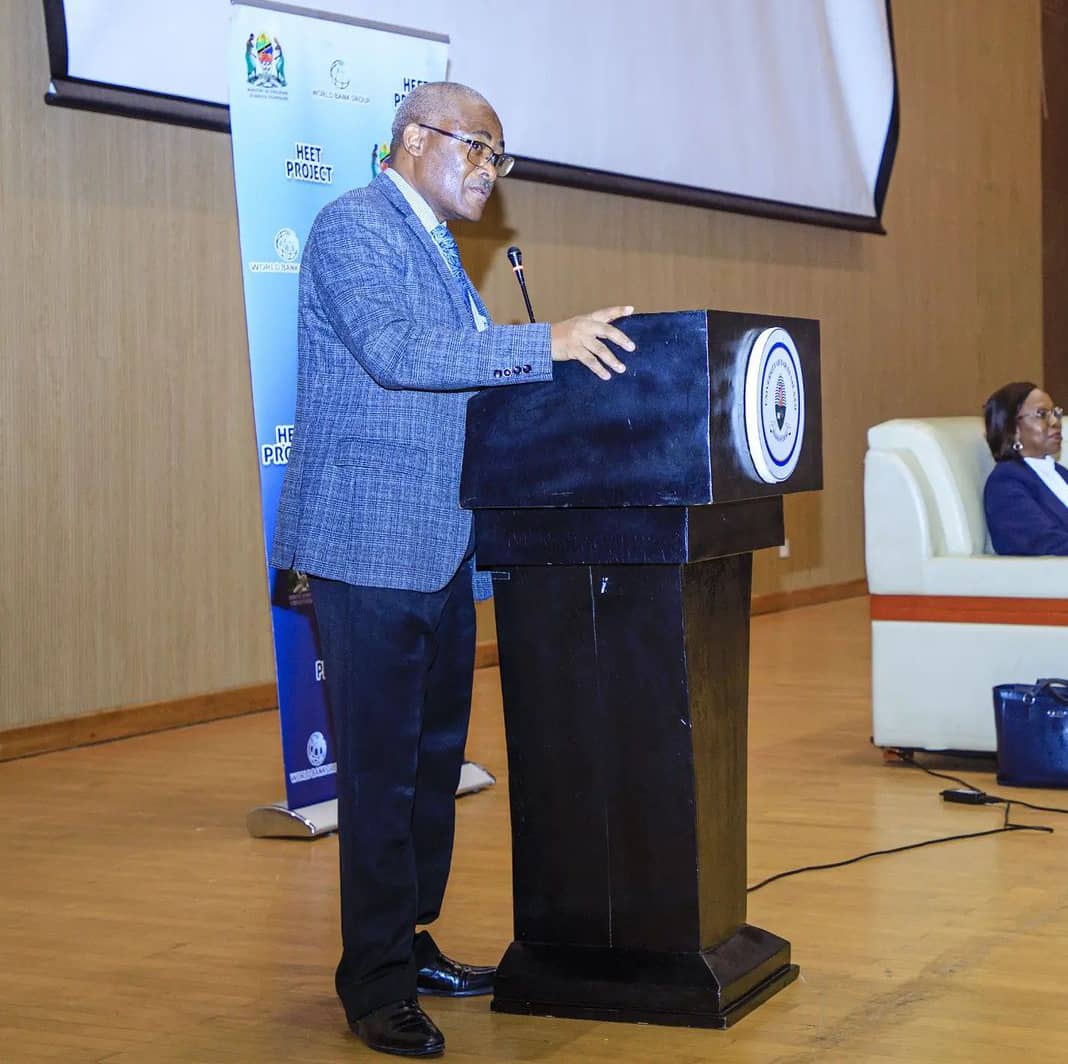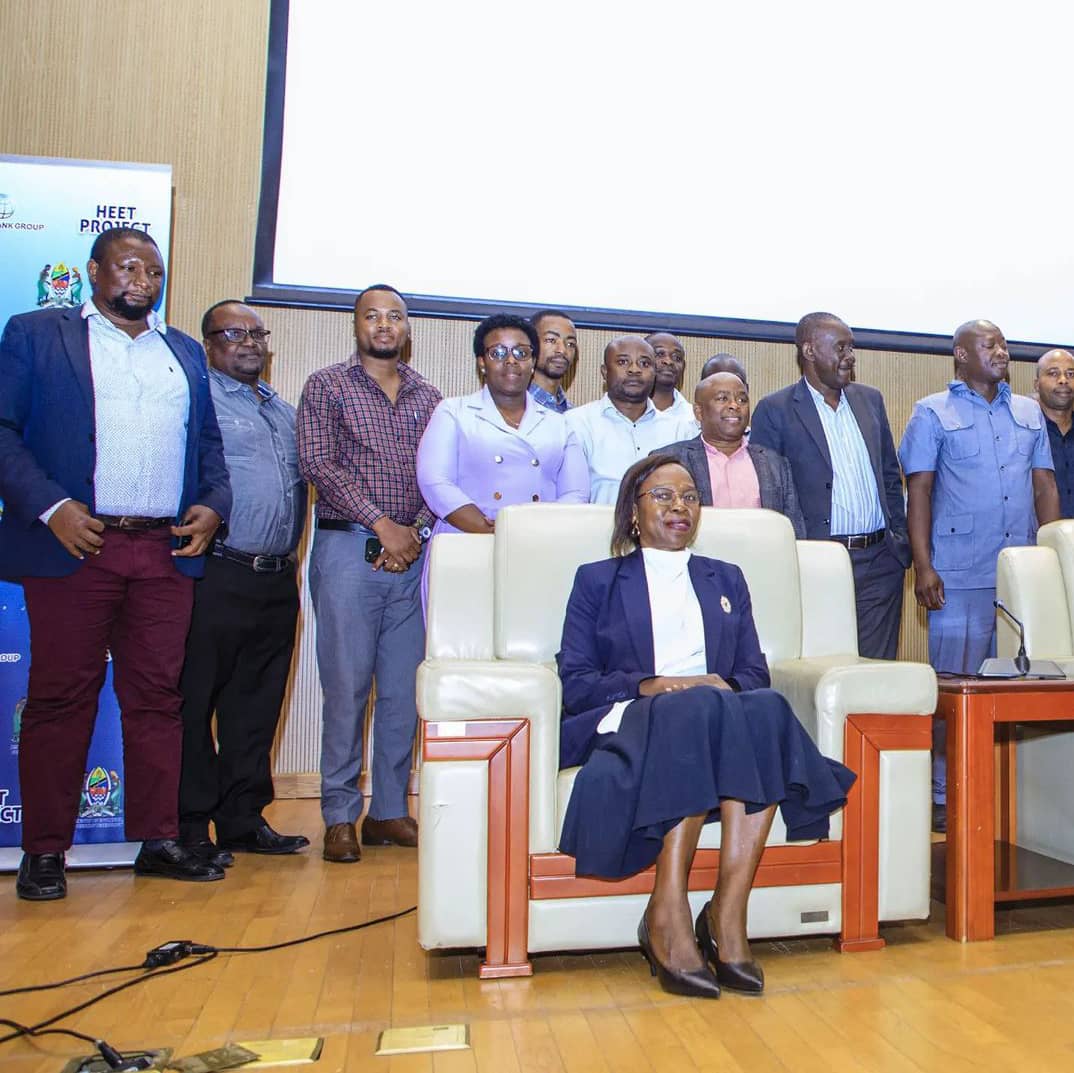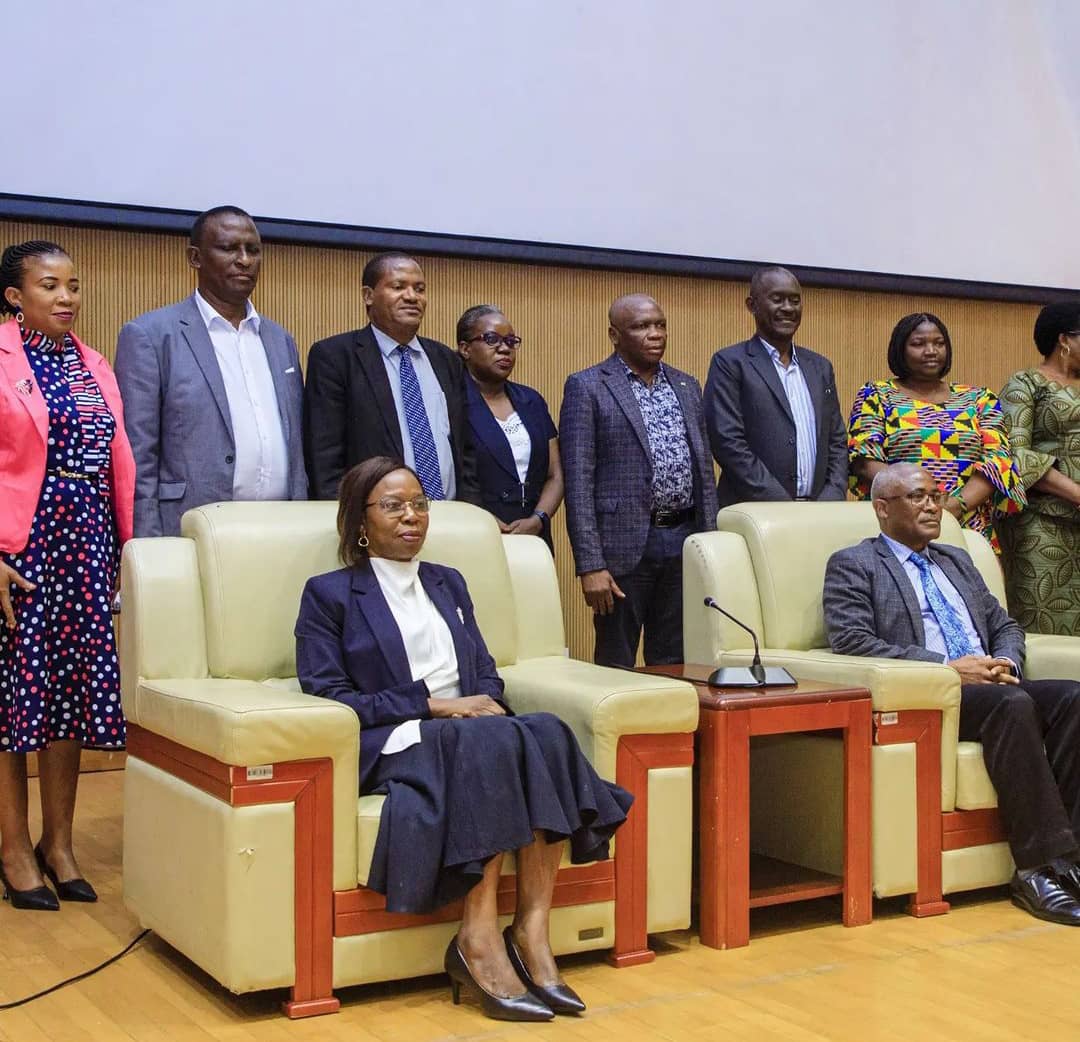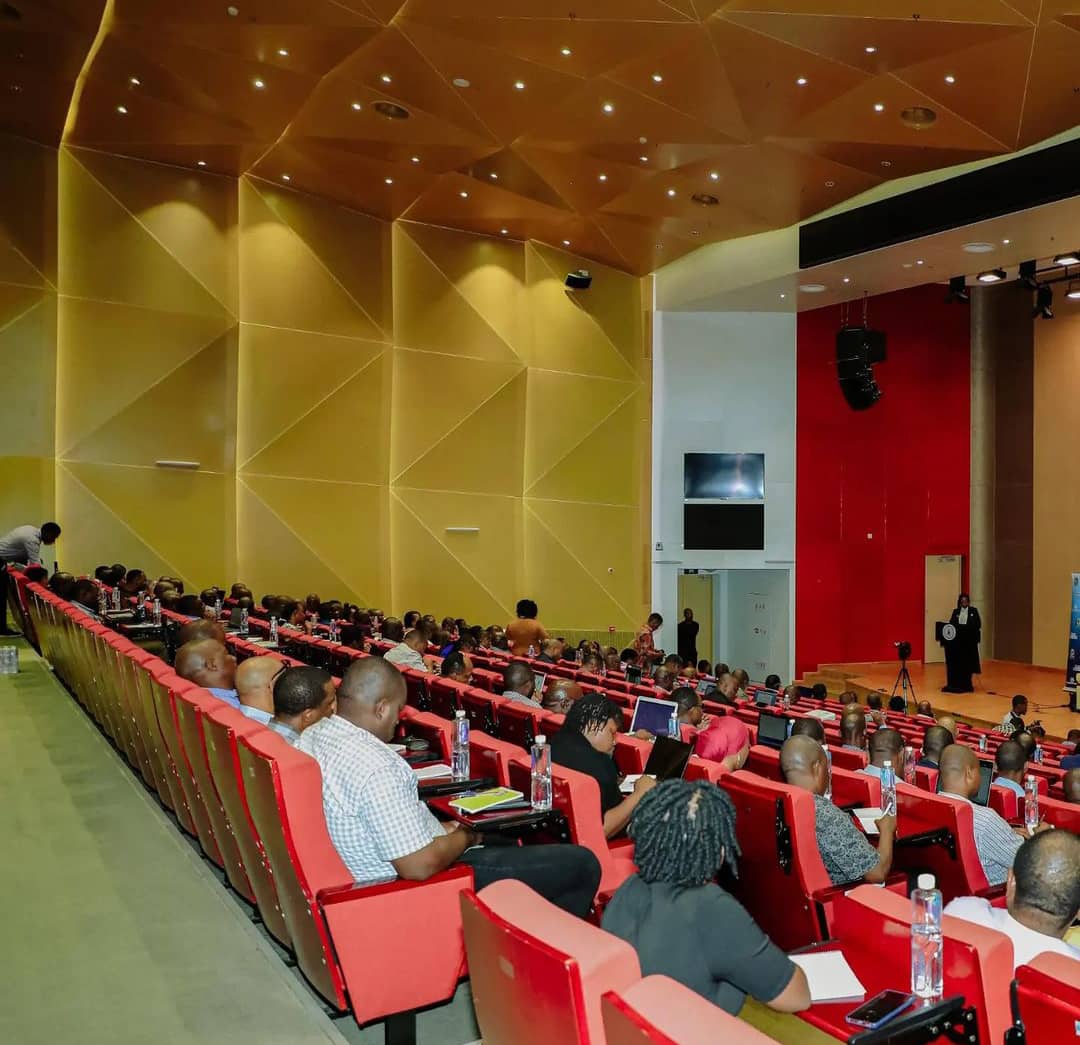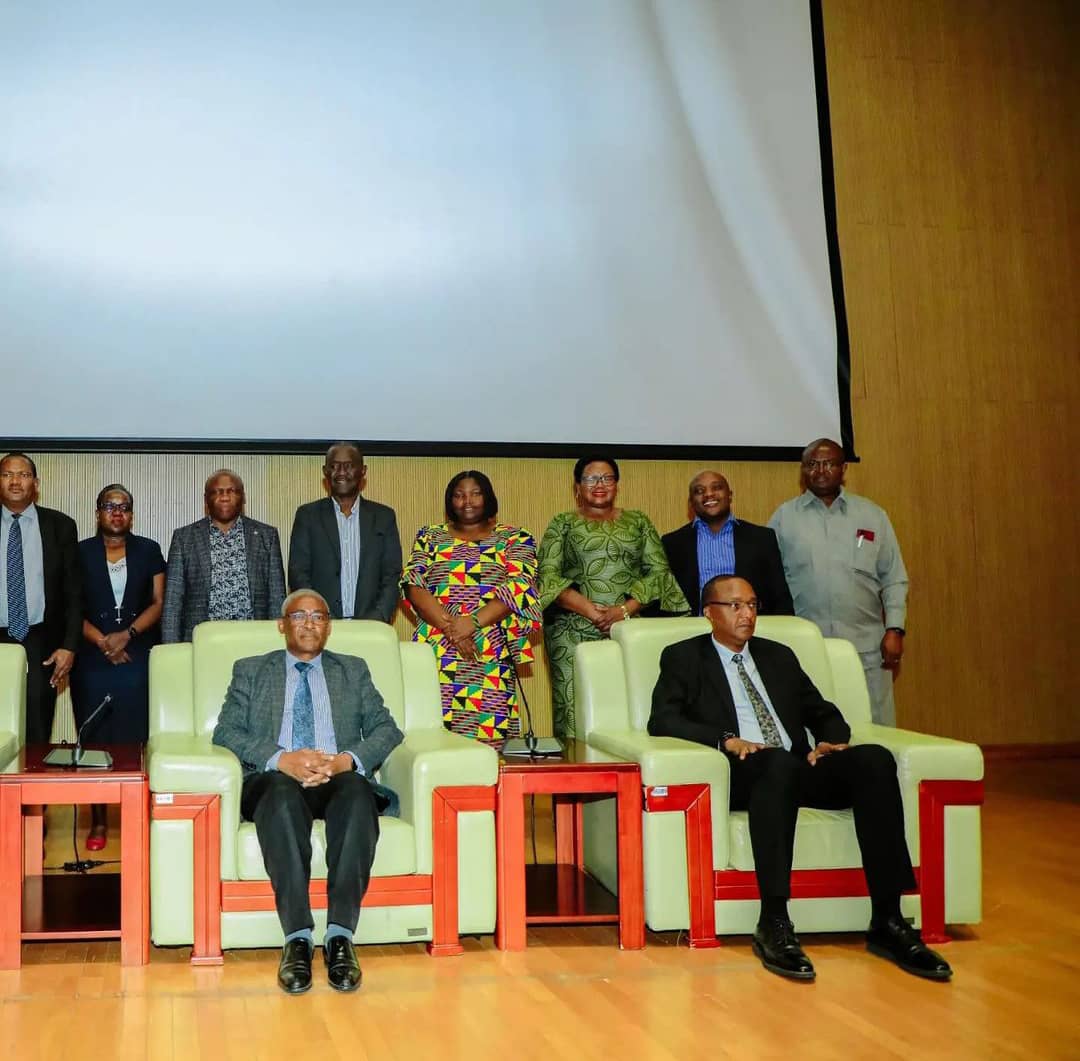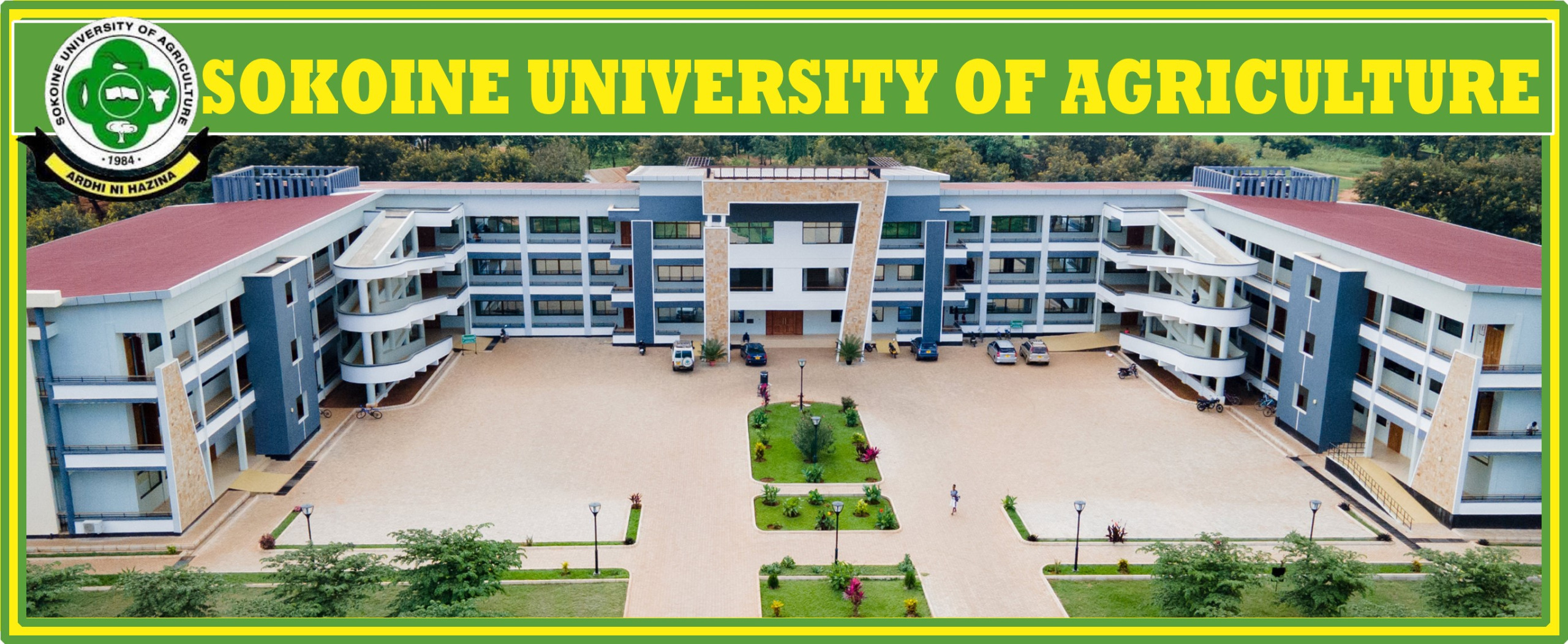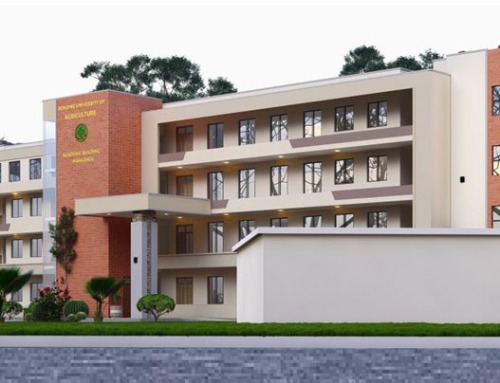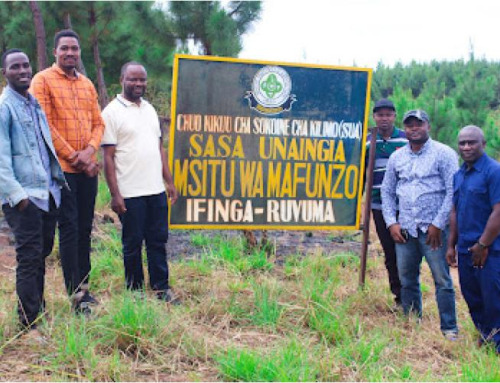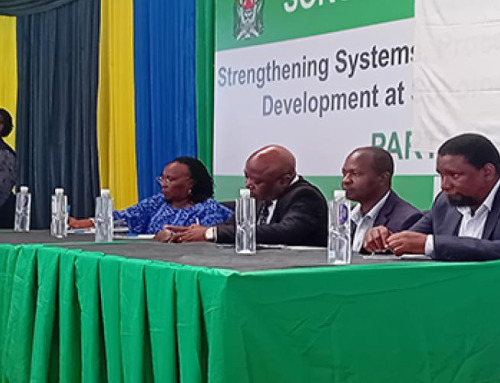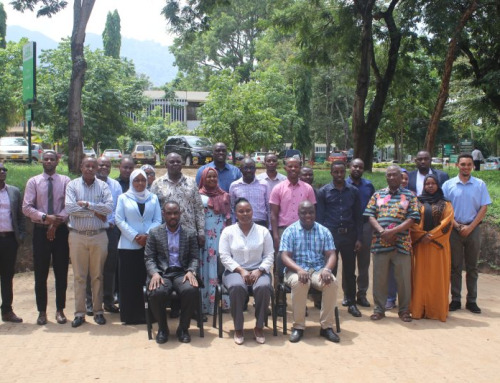Sokoine University of Agriculture (SUA) convened with numerous universities and public institutions benefiting from the Higher Education, Science and Technology (HEET) project to thoroughly assess the efficacy and challenges encountered in the implementation of project-funded structures and methodologies. The gathering took place at the newly inaugurated library hall of the University of Dar es Salaam.
Leaders representing over 10 colleges and institutions overseeing the HEET project from diverse fields provided comprehensive progress reports during the session. This allowed participants ample opportunity to engage in discussions, pose inquiries, and exchange valuable experiences.
The distinguished guest at the event was Prof. Peter Msoffe, Director of Higher Education. Prof. Msoffe emphasized the imperative for adherence to the HEET project guidelines in executing project activities within their respective domains. He specifically highlighted the construction of classrooms, administrative offices, and the urgency to expedite project management.
Prof. Msoffe underscored a crucial requirement set by the World Bank: achieving a minimum of 40% project implementation at each beneficiary institution to qualify for potential increased funding and ensure project continuity. He urged all stakeholders to accelerate project implementation to meet this threshold, thus enhancing the institutions’ prospects for additional funding.
Furthermore, Prof. Msoffe outlined the target of attaining 50% project implementation by April 2024. He expressed optimism based on the progress reported by participating institutions, noting their commendable efforts towards achieving this milestone.
Emphasizing the utilization of HEET project experts, Prof. Msoffe reiterated their pivotal role in aligning project execution with its overarching objectives. He stressed that neglecting their expertise would impede project progress and compromise its effectiveness.
The HEET project, financed by the World Bank, is poised to catalyze transformative changes within the country’s higher education landscape, underscoring its significance in fostering academic development and institutional growth.
